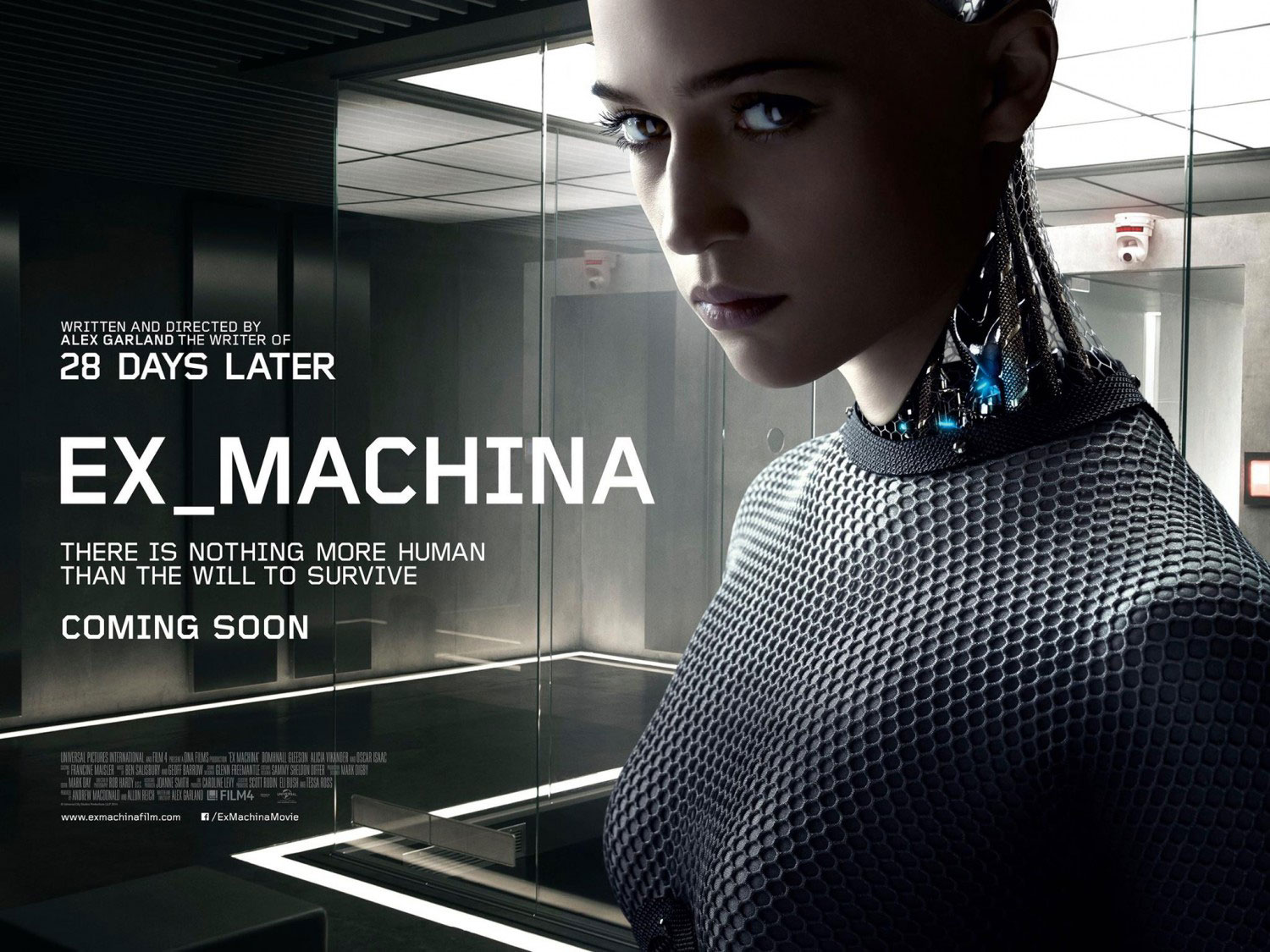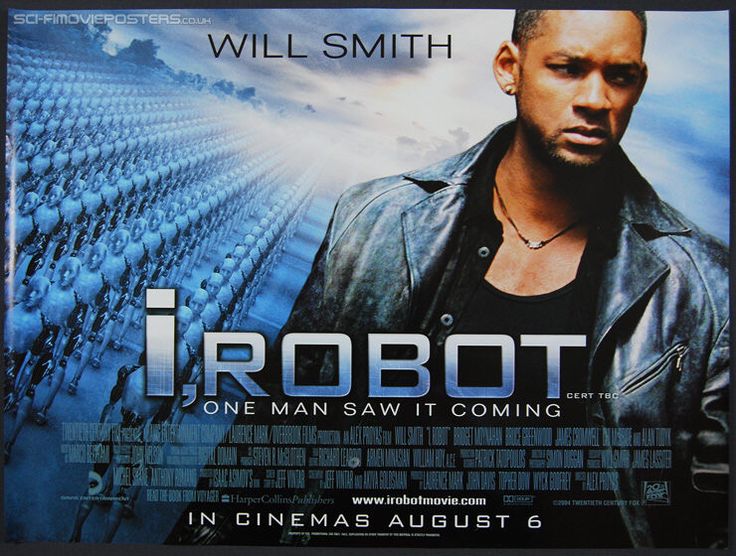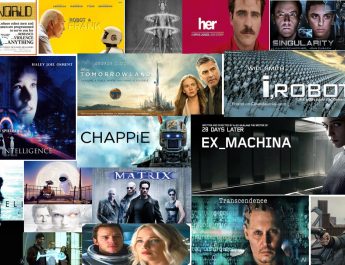Ex Machina is a 2015 British science fiction psychological thriller film written and directed by Alex Garland in his directing debut.
It stars Domhnall Gleeson, Alicia Vikander and Oscar Isaac. Ex Machina tells the story of programmer Caleb Smith (Gleeson) who is invited by his employer, the eccentric billionaire Nathan Bateman (Isaac), to administer the Turing test to an android with artificial intelligence (Vikander).
Made on a budget of $15 million, the film grossed over $36.9 million worldwide and received critical acclaim. The National Board of Review recognized it as one of the ten best independent films of the year. The film received Academy Award nominations for Best Original Screenplay and Best Visual Effects, while Vikander was nominated for a Golden Globe Award for Best Supporting Actress and a BAFTA Award for Best Actress in a Supporting Role, and received several accolades for her performance. (wikipedia)
The perfect 21st-century female looks like a million bucks though costs a great deal more. In “Ex Machina,” Alex Garland’s slyly spooky futuristic shocker about old and new desires, the female in question is a robot called Ava, a name suggestive of both Adam and Eve. Ava has a serene humanoid face and the expressive hands and feet of a dancer, but also the transparent figure of a visible woman anatomy model. Beautiful and smart, sleek and stacked, Ava is at once decidedly unsettling and safely under lock and key, which makes her an ideal posthuman female.
By Robin Lindsay – New York Times
They’ve been giant and deadly; they’ve been chatty and contemplative; they’ve been acrobatic and futuristic. Robots in movies have served all kinds of functions in becoming an important part of the cinema landscape. So when filmmakers place a robot at the center of their work, the way it looks and behaves compared with those that have come before must be considered. By Mekado Murphy -New York Times
An intricate, twisty, enigmatic tale, Ex Machina unfolds at just the right pace and raises profound questions about the nature of humanity, both real and fabricated.
By Claudia Puig – USA Today
To most speculative fiction fans, Alex Garland is best known as the novelist behind “The Beach” and the screenwriter behind “28 Days Later” and “Never Let Me Go.” With “Ex Machina,” Garland makes an impressive debut as a director, spinning an unsettling futuristic thriller with the expertise and exquisite taste of a seasoned veteran.
By Ann Hornaday – The Washington Post
If Ava, who’s played by Alicia Vikander, looks at you like she knows your most deeply felt desires, it’s because we’ve already told them to her – during our lunch breaks, in illicit, snatched moments while we’re supposed to be working, and by the pale blue glow of our smartphones last thing at night. Garland’s science-fiction chamber piece – his first film as director, and fifth as screenwriter, after 28 Days Later, Sunshine, Never Let Me Go and Dredd – starts from the premise that no one knows us better than our internet browsers, then turns that queasy intimacy inside out. Ex Machina whips up the same kind of existential terror Mary Shelley harnessed almost exactly 200 years ago in Frankenstein, but for a time in which the flow of information holds the same world-conquering potential that the flow of electricity once did. By Robbie Collin – The Telegraph
Shrewdly imagined and persuasively made, “Ex Machina” is a spooky piece of speculative fiction that’s completely plausible, capable of both thinking big thoughts and providing pulp thrills. But even saying that doesn’t do this quietly unnerving film full justice. By Kenneth Turan – Los Angeles Times
Alex Garland’s “Ex Machina,” an elegant sci-fi fantasy about artificial intelligence, plays mind games of great intricacy while appealing, I’m happy to report, to our baser instincts. By Joe Morgenstern – The Wall Street Journal




